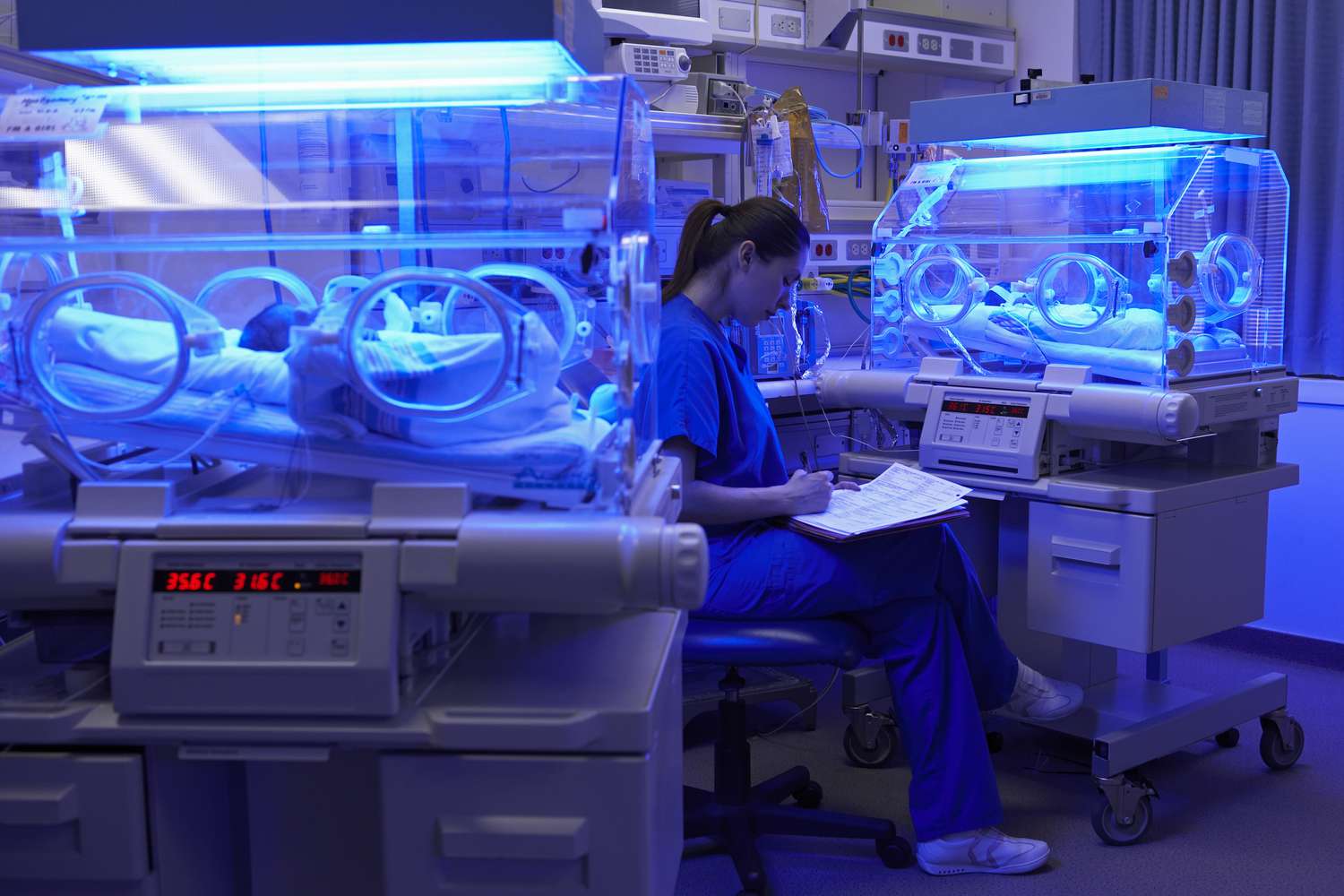In the NICU environment, there are many tools and technologies that allow you to provide the highest level of care to the most vulnerable patients. While NICUs are better equipped to ensure top-notch treatment than ever before, there’s always room for advancements that can offer even better care. Here, we take a look at some of the evolving NICU technologies and how they’re poised to change our approaches to neonatal care.
Breast Milk Analysis
For premature babies, whose growth rate is three times greater than a full-term baby, nutritional needs are significant. A mother’s breast milk isn’t always enough, but until recently, it’s been impossible to tell whether the milk composition is sufficient for satisfying a newborn’s needs. In 2022, a new state-of-the-art system was deployed at Children’s Hospital Colorado to analyze the macronutrients in breast milk. Acting as a nutrition label, the system provides data which NICU teams can then use to determine whether the milk needs to be supplemented. With this approach, NNPs and other NICU providers can meet the specific nutritional needs of each baby.
Webcams in NICUs
Leaving the hospital when their baby must stay behind in the NICU presents a significant emotional hurdle for new parents. To address this challenge, some NICUs have begun installing webcams which allow parents to see their infant via remote access. While nothing can replace physical bonding, webcam access has shown to help parents with feelings of distress. In one 2023 study conducted by Cleveland Clinic Children’s Hospital, parents who lived more than 15 miles away from the NICU were more likely to use the webcam, suggesting that the technology may be useful for promoting a sense of bonding for parents who aren’t able to visit as frequently.
Lung Ultrasounds
Advancements across point-of-care diagnostic imaging can go a long way in improving patient care in the NICU. One example is the lung ultrasound. This fairly new technique can diagnose several lung disorders, including respiratory distress syndrome, without exposing the neonate to the levels of radiation seen in chest radiographs. Widespread adaptation has yet to take hold, and proper training will be needed across NICUs seeking to implement the technology to ensure accuracy.
Wireless Sensors
While the benefits of skin-to-skin contact span far and wide, many neonates are unable to be held by their parents due to the need for tethered sensors. Researchers at Northwestern University have developed a pair of wireless, flexible sensors with the ability to capture clinical-grade measurements. Made from a skin-like material, the sensors can provide measurements in real time without the need for wiring.
The Future of NICU Technology
Indeed, NICU technology is evolving rapidly. But there are still some specific challenges that experts hope to solve with future advancements. For one, automatic weighing devices that capture the infant’s weight without having to move them prove extremely valuable in the NICU setting. Weighing premature infants is essential for monitoring their growth and vitality, but moving fragile neonates comes with inherent risks. While this technology exists, it hasn’t been adopted in the NICU setting yet.
Real-time patient communication is another area of possibility to explore. While some patients can view their babies in real-time through webcams, the ability to interact with clinicians in real-time could go much further to provide peace of mind to parents from afar. Such arrangements might place new responsibilities on NICU staff, however. While existing technology could certainly support this care model, it would need to be implemented strategically so as not to increase the workload on NICUs with limited resources.
Advancements in NICU settings are exciting for NNPs. If you’re looking to advance your own career with a new employer, allow Ensearch to help. As specialists who work exclusively with NNPs and their employers, we’ve helped hundreds of candidates find their dream jobs thanks to our extensive contacts in NICUs all across the US. Get started with our free career consultation today.

